In the heart of one of Albania’s fastest-growing coastal cities, an extraordinary scandal has simmered behind closed doors for more than five years.
At stake: a swath of public land, allegedly stolen with the complicity of state officials and left uninvestigated by the local prosecutor’s office. This case, which some Albanian observers call “a mirror of state capture,” is now drawing national attention and raising hard questions about justice and the rule of law in Albania.
According to reporting from Ora News and investigative portal Pamfleti.net, the file centers on the fraudulent appropriation of a strategically located public property in downtown Saranda. The main suspects are Sevo Qurku, Andrea Qurku, and Sali Çapari—names “long associated with political and business networks in southern Albania,” says investigative journalist Arlind Qori (Ora News, April 22, 2025).
The Qurku brothers, closely related to former Tepelena mayor and parliamentary candidate Tërmet Peçi, are accused of colluding with senior public officials and using forged documents to register public land in their own names. According to confidential sources in the Albanian justice system, these family and political ties may have helped stall any real investigation. “Their connections acted as an informal guarantee—no one would touch them,” said one justice sector insider, who spoke on condition of anonymity.
But the scheme did not stop there. Ardi Kola, the former director of Saranda’s State Cadastral Agency (ASHK), is alleged to have signed and legalized the forged documents, making the transfer of ownership possible. Though briefly wanted by the court, the case against Kola was quietly archived, with no substantial investigation—a move that “raises serious suspicions of high-level political and financial interference,” as noted in Pamfleti.net’s April 22 exposé.
The silence of Saranda’s Prosecutor’s Office is, if anything, even more shocking. The case file remains on the desk of prosecutor Valbona Maja, who, according to Ora News, has taken “no legal action whatsoever—not a property freeze, not an arrest, not even a referral to court—in over five years.” Multiple sources close to the case allege that Maja may have been “bought off” to block further inquiry. “Instead of upholding the law, the prosecutor turned a blind eye, allowing a blatant injustice to continue,” said one former justice official familiar with the matter.
This is not the first time Albania’s justice system has been accused of inertia in the face of politically connected crimes. “State capture is not just a slogan here—it’s a daily reality for citizens whose rights are trampled,” said Erisa Xhixho, a legal analyst at the Albanian Helsinki Committee. The Committee has repeatedly urged Albania’s Special Anti-Corruption Structure (SPAK) to intervene in cases where local justice has failed due to “opaque political and financial interests” (Albanian Helsinki Committee, Annual Report 2024).
The Saranda scandal, experts warn, is just the tip of the iceberg. As Albanians prepare for a key local election on May 11—protected, according to the Interior Ministry, by “6,500 police officers trained to prevent electoral crimes” (Top Channel, April 20, 2025)—public frustration with unchecked corruption is running high.
Citizens’ groups and opposition politicians are now demanding that SPAK investigate prosecutor Valbona Maja for corruption and abuse of office, re-open the file on Ardi Kola, and clarify the role of Tërmet Peçi in what is seen as a major asset grab. “The people of Saranda, and Albania as a whole, deserve a justice system that does not flinch, does not sell out, and does not remain silent,” argued local activist Jonida Hysa in a statement to Pamfleti.net.
In a country long dogged by corruption and weak rule of law, the Saranda land scandal is not just a local affair—it is “a clear reflection of state capture, where power is wielded to protect the interests of a few at the expense of society as a whole,” as Pamfleti.net concludes. Whether Albania’s new anti-corruption bodies will meet the challenge—and finally return public assets to their rightful owners—remains a test for the country’s fragile democracy.
Sources:
- Ora News, “Denoncimi/ Si po grabiten pronat publike në Sarandë…” April 22, 2025.
- Pamfleti.net, “Si po grabiten pronat publike në Sarandë,” April 22, 2025.
- Albanian Helsinki Committee, Annual Report 2024.
- Top Channel, “6500 policë të trajnuar për krimet zgjedhore…,” April 20, 2025.
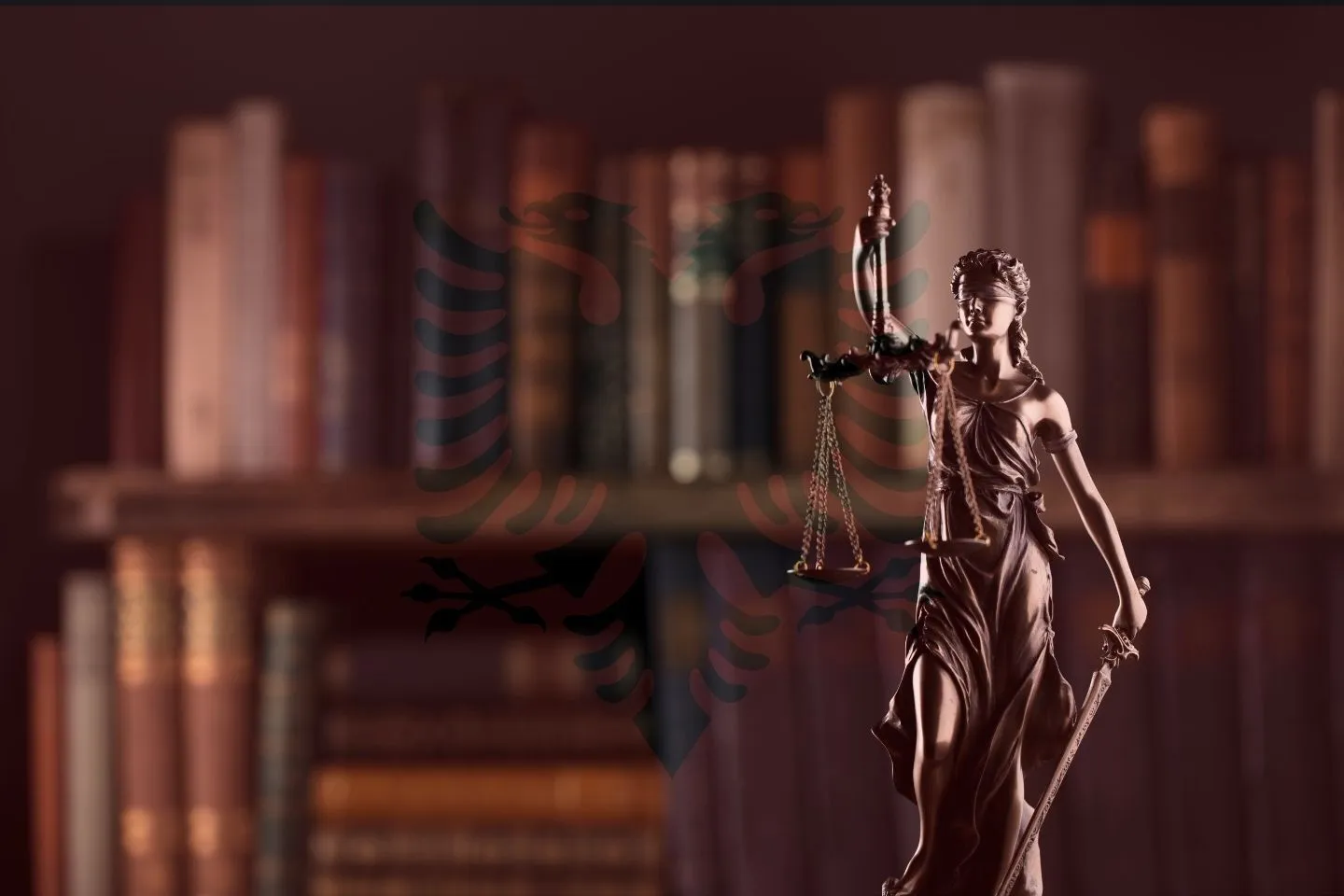

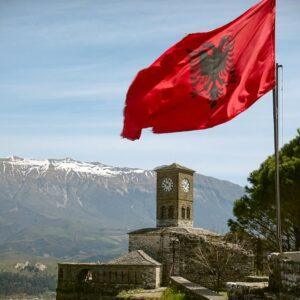



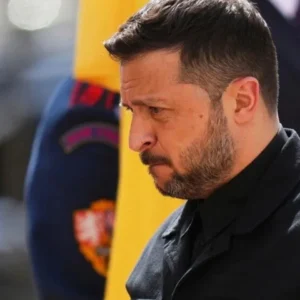
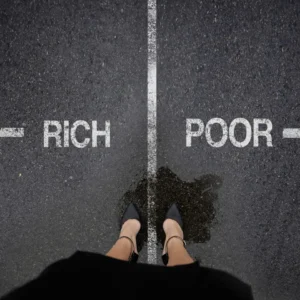
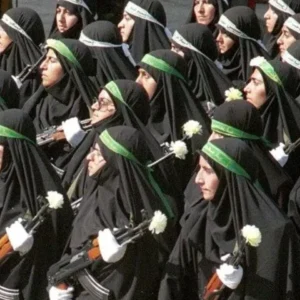
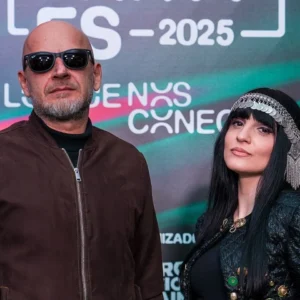
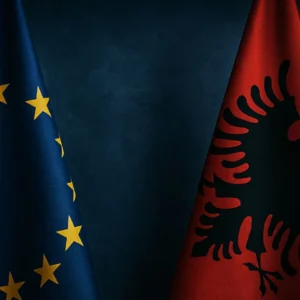
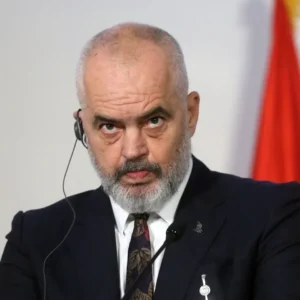



Recent Comments